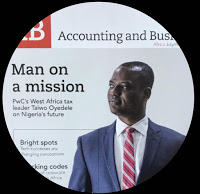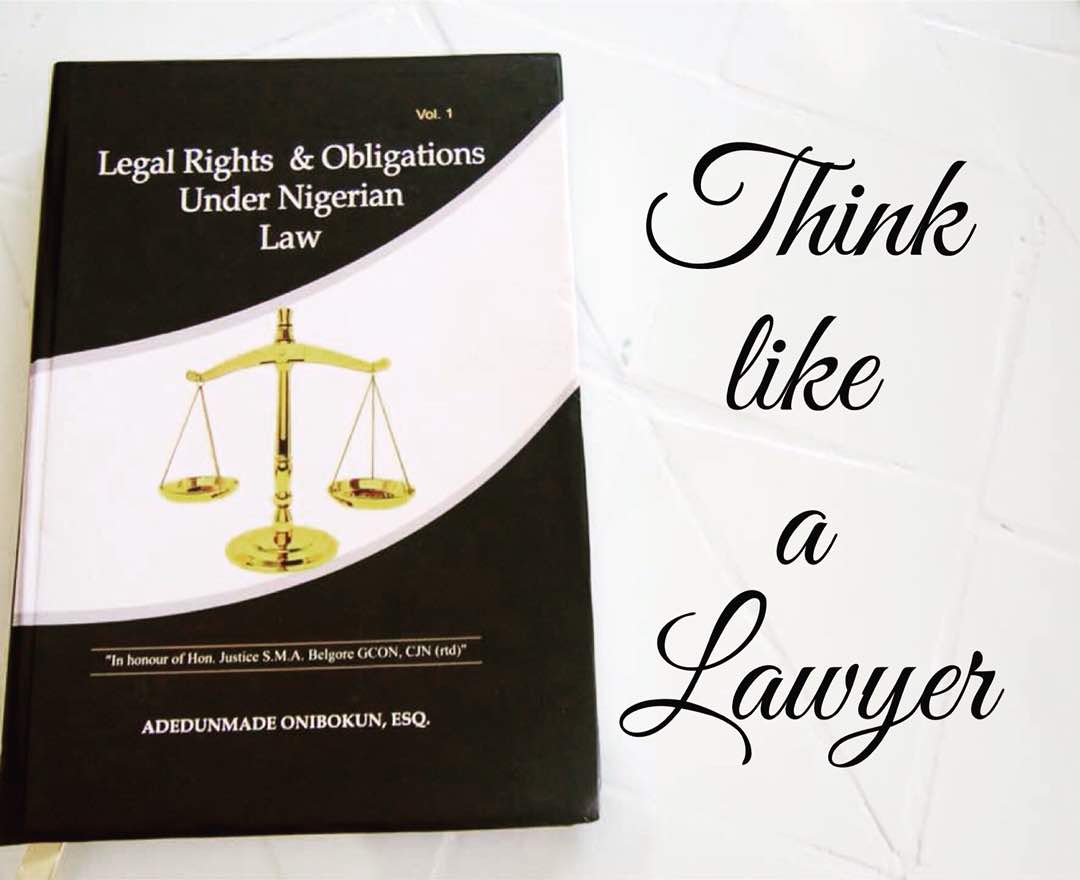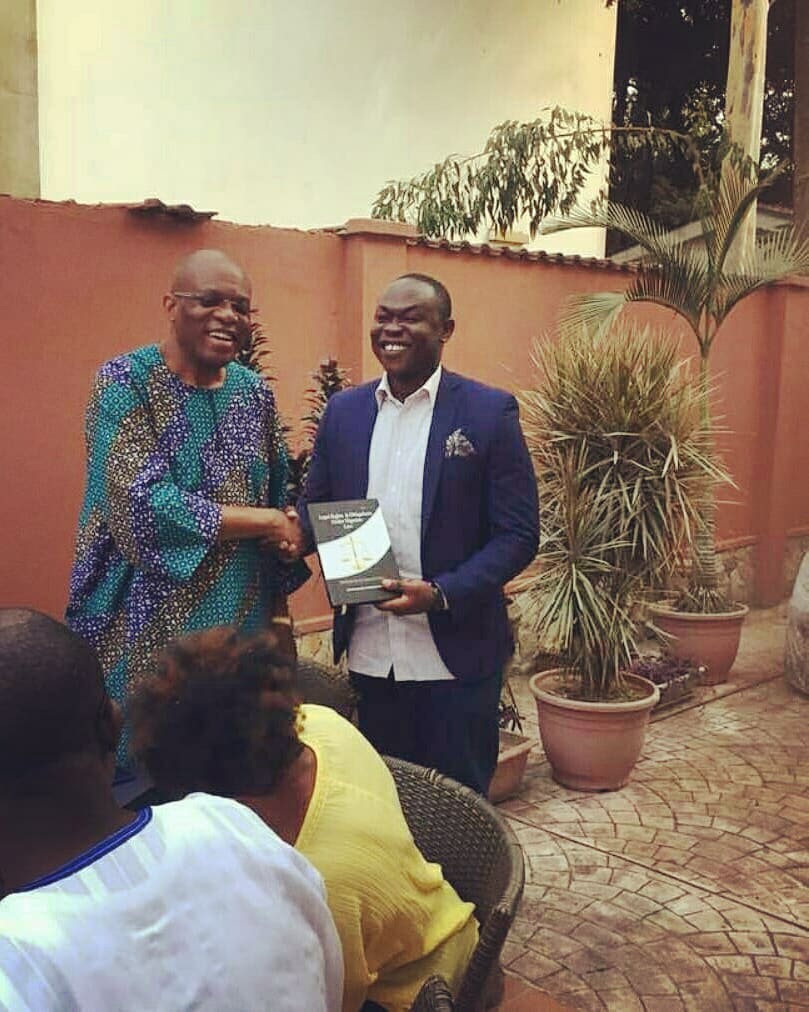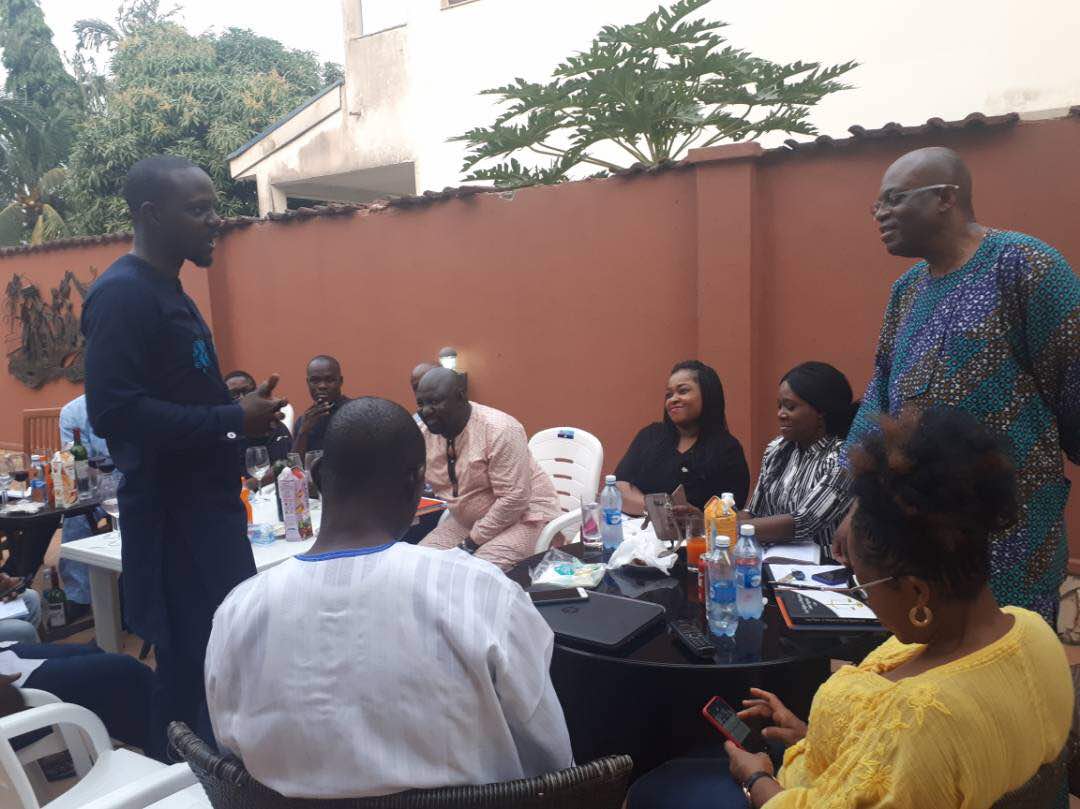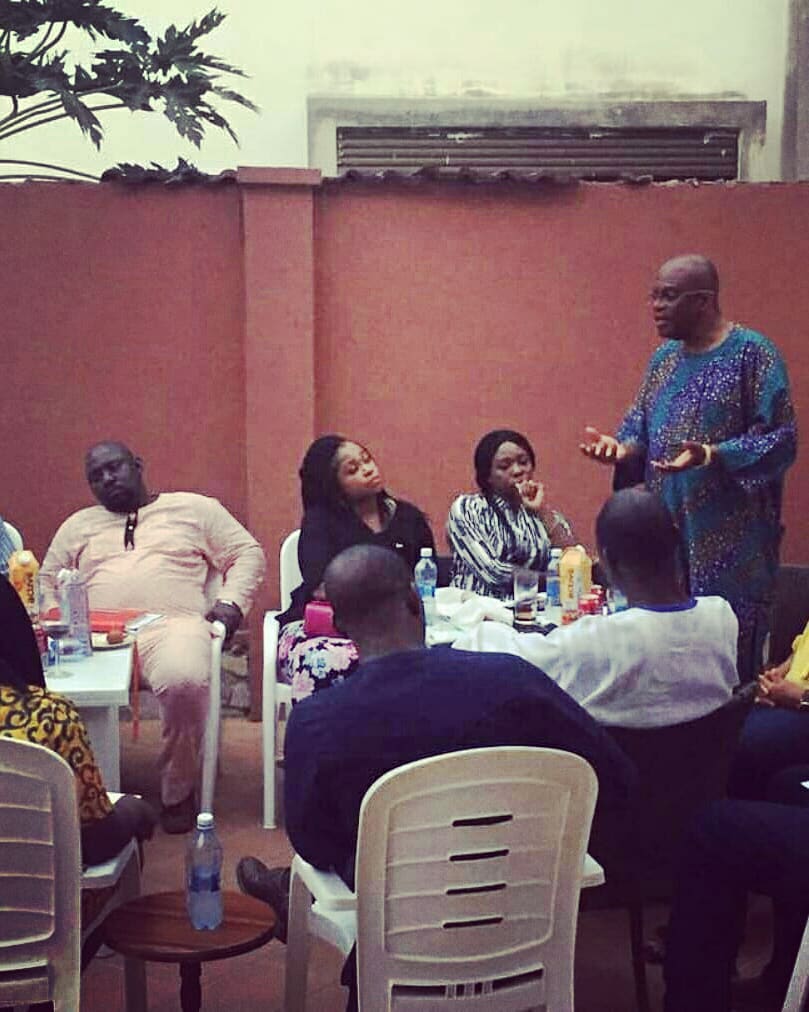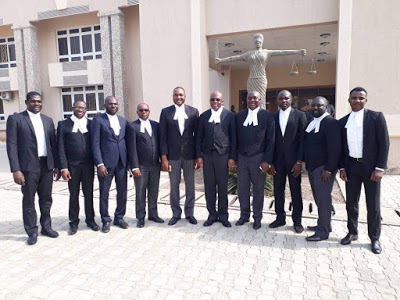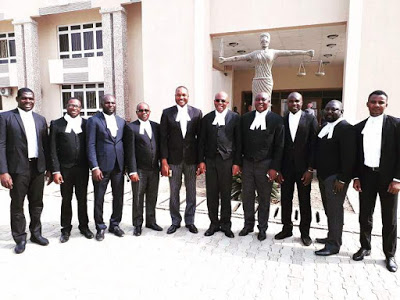Introduction
Section 105 (1) of CITA 2004 defines a Nigerian company as “any company or corporation (other than corporation sole) established by or under any law in force in Nigeria or elsewhere” while a non-residence company is “any company or corporation (other than a corporation sole) established by or under any law in force in any territory or country outside Nigeria. For income tax purposes, a person may be resident, non-resident or possesses dual residence.
The concept of residence determines the extent to which the income of a taxpayer is liable to tax under a tax jurisdiction. In Nigeria, a resident company is assessable on the global income. The profit of a Nigerian company is deemed to accrue in Nigeria regardless of the jurisdiction from which it is earned. In other words, a Nigerian company is assessed to tax on its global profits. On the other hand, in the case of a non-resident company, only the profit that is deemed to be derived from Nigeria is assessable to tax in Nigeria. Profits from any trade or business are deemed to be derived from Nigeria to the extent that the profits are attributable to that part of the company’s operations in Nigeria.
Profit/Income “deemed to be derived from Nigeria
To ascertain if a profit/income of a company is deemed to be derived from Nigeria, the following are the important questions that must be answered:
Does the Company have a “fixed base” in Nigeria?
Where anon-resident company has a “fixed base” from which it carries on its business or trade in Nigeria, the profits from such activities would be deemed to be derived from Nigeria. The CITA has failed to define fixed base but an FIRS circular, which is not binding, has explained it to include:
a) facilities such as a factory, an office, a branch, a mine, oil and gas;
b) where there is a controlling interest in the Nigerian company;
c) activities such as building, construction, assembly, or installation; and
d) furnishing of services in connection with the activities mentioned above
On the contrary, the CITA states that the following do not constitute a fixed base:
a) facilities used solely for storage or display of goods or merchandise; and
b) facilities used solely for the collection of information
Does the Corporation operate in Nigeria through a dependent agent authorized to conclude contracts or deliver goods or merchandise on its behalf?
A non-resident company can have two types of agents in Nigeria – an independent agent or a dependent agent. An agent is regarded as possessing independent status when he acts on behalf of a non-resident company in the ordinary course of his business. The status may however change if he devotes his activities wholly or almost wholly on behalf of the company.
Is the corporation executing a turnkey project in Nigeria?
A turnkey project is defined as a ”single contract involving survey, deliveries, installation or construction.” The profit on a turnkey project is liable to tax in Nigeria. Such a profit would not be split between the so-called “Nigeria source” and “off-shore” profits but taxed wholly in Nigeria.
Is the operation between the corporation and its Nigerian subsidiary at arm’s length?
The Law allows the Board to make appropriate adjustment to the profits of Nigerian companies where the following circumstances prevail:
a) the presence of a control of a Nigerian company may be exercised directly or indirectly by a parent company or any other company associated to it;
b) the imposition of conditions in the financial and commercial relationship by the controlling interest;
c) the conditions imposed must be different from what would obtain between independent parties or in an open market situation;
d) such relationship and conditions lead to the transfer of goods and services at prices not at arm’s length; and
e) Consequently, the profits declared for the Nigerian tax are understated.
The ‘imposition of conditions’ or control and influence as mentioned above can move in various appearances like over-invoice of goods and services, packaging of the terms of payment of interest on loans, frivolous charges for management fees, royalty, patent and rent, convenient shifting of profits between companies or in the allocation of expenses, all with the objective of minimizing, avoiding or evading the Nigerian tax.
When the conditions analysed above hold, the profit deemed to be derived from Nigeria shall be as determined by the Board. In such circumstance, the Board will carry out comparative cost and price to establish the true market prices and make necessary adjustments to determine the true profit for tax purposes.
Considering the case between: JGC Corporation and Federal Inland Revenue Service. The appellant, JGC Corporation filed an appeal before the Tax Appeal Tribunal (Lagos Zone) on April 17, 2014.
a) Whether the Appellant has a fixed base and therefore is liable to pay tax in Nigeria.
b) Whether the Appellant can be assessed to tax under Section 30(1) of Companies Income Tax Act?
The Appellant filed its Appeal sequel to the Respondent’s Notices of Refusal to Amend the Assessment of company income tax for the years ending 31st December 2004, 31st December 2005, 31st December 2006, 31st December 2007 and 31st December 2008.The Appellant seeks the following orders:
a) declaration that the issuance of the Notices of Refusal to Amend/Revised Assessments numbered R/ A 001, R/ A 002, R/ A 003, R/ A 004 and R/ A 005, all dated 23rd August 2012 by the Respondent is contrary to law and wrongful.
b) a declaration that the Appellant has fully discharged its tax obligations to the Respondent and is therefore not liable to pay the cumulative sum assessed in the Notice of Refusal to Amend/Revised Assessments or any other sum at all.
c) An order setting aside the Notice of Refusal to Amend/Revised Assessment and the assessments of tax contained in them.
d) An order of perpetual injunction restraining the Respondent from issuing any Notice or Notices of Assessment to the Appellant in respect of income and/or earnings forming the subject of the Notices of Refusal to Amend/Revised Assessments.
e) And such other orders as the Honourable Tribunal may see fit to make upon the hearing of this appeal.
The Respondent contended that the Notices of Additional/Revised Assessments were valid because: The Appellant did business in, and derived income from Nigeria. The contract for engineering, procurement, constructing transporting, installing and commissioning of facility on the worksite, was awarded in Nigeria. The worksite was in Bonny Nigeria, payment was by a Nigerian company, fabrication was to be installed in Nigeria, contract could not have been wholly performed outside Nigeria, and profit was therefore deemed to be derived from Nigeria. The Appellant had a fixed base in Nigeria.
“The Appellant counters that it is a foreign company with no fixed base in Nigeria, and thus not subject to Nigerian taxation under section 13(2)(a).
Besides, the subject contract was performed wholly outside Nigeria, the Appellant maintains.
The appeal was lost on the following grounds:
v Documents show that the main obligation of the contract is the work which was performed in Bonny, Nigeria.
v The contract was executed in Nigeria.
v The Appellant obtained licences for the building of the facility in question. The Appellant could not establish that Mobil Producing Nigeria Unlimited obtained the licenses and permits in Japan and that Japan is the country of operation.
v The contract allows Mobil Producing Nigeria Unlimited and other contractors reasonable access to worksite. With this, it is evident that the facility or worksite is the fixed base.
v The contract also provides that the Appellant shall provide and cause its subcontractors and suppliers to provide Mobil Producing Nigeria Unlimited and other contractors reasonable access to the worksite. In the light of this, it is evident that the facility or worksite is the fixed base. This confirms the fact that the contractors are independent of the contract between Mobil Producing Nigeria Unlimited and the appellant.
v The contract puts the obligation of making VAT payments, shipment charges, custom duties, all importation levies and undertaking operational functions in respect of the importation of the facility in Nigeria on the appellant.
From the above, it is imperative that fixed base concept is understood. Going by the law and the decided case highlighted above, It is crystal clear that all non-resident companies carrying on business in Nigeria will be liable to pay taxes to the Nigerian Government provided that such entities have a fixed base in the Country. FIRS should therefore put deliberate efforts into issuing more public notices that will shed light on the grey areas of the law with respect to the taxation of non-residents.
v The contract puts the obligation of making VAT payments, shipment charges, custom duties, all importation levies and undertaking operational functions in respect of the importation of the facility in Nigeria on the appellant.
From the above, it is imperative that fixed base concept is understood. Going by the law and the decided case highlighted above, It is crystal clear that all non-resident companies carrying on business in Nigeria will be liable to pay taxes to the Nigerian Government provided that such entities have a fixed base in the Country. FIRS should therefore put deliberate efforts into issuing more public notices that will shed light on the grey areas of the law with respect to the taxation of non-residents.
Theophilus Olufemi
Senior Tax Advisor at TAC
Source – LinkedIn

